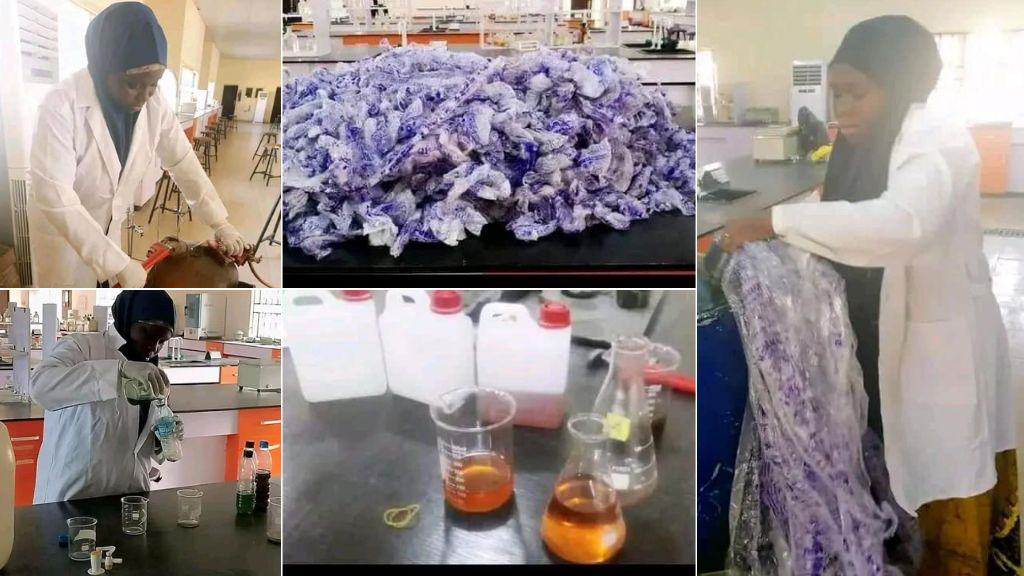A young Nigerian student, Samuel Chinecherem Ezeh, has set a Guinness World Record by creating a robe with 50-metre sleeves.
The 400-level student of Chukwuemeka Odumegwu Ojukwu University told Guinness World Records that he hopes to travel the world to showcase his talent.
“That’s longer than the Statue of Liberty is high (46.5 m; 152.5 ft) and longer than an Olympic-size swimming pool (50 m; 164 ft).”
“Samuel, who works as a fashion designer and tailor while studying at university, overcame numerous challenges to complete the garment.”
He added: “I wish to take it on a tour to display it in different countries and cities to show the world what it looks like.”
As news of his achievement spread online, social media users flooded the comment section to share their thoughts.
See some reactions below:
Bulus: “They said had to overcome alot to make the cloth, e come dey do me like say him climb mountain everest to cut the cloth then go sow am in river Jordan 😂😂, something wey apprentice go do, chaiii 🤦♂️ 🤦♂️ what a record.”
Ayuba: “Kindly increase the length of the Olympic Swimming pool, because the next design that is going to unfold it will be bigger than that of Chukwuemeker sleeves.”
Precious: “Some records are not necessary and very irrelevant to be called a record set.”
Ayorinde: “The person that’ll be wearing that dress will need to hire up to 20 people to be lifting the sleeves for him?.”
SEE POST:







